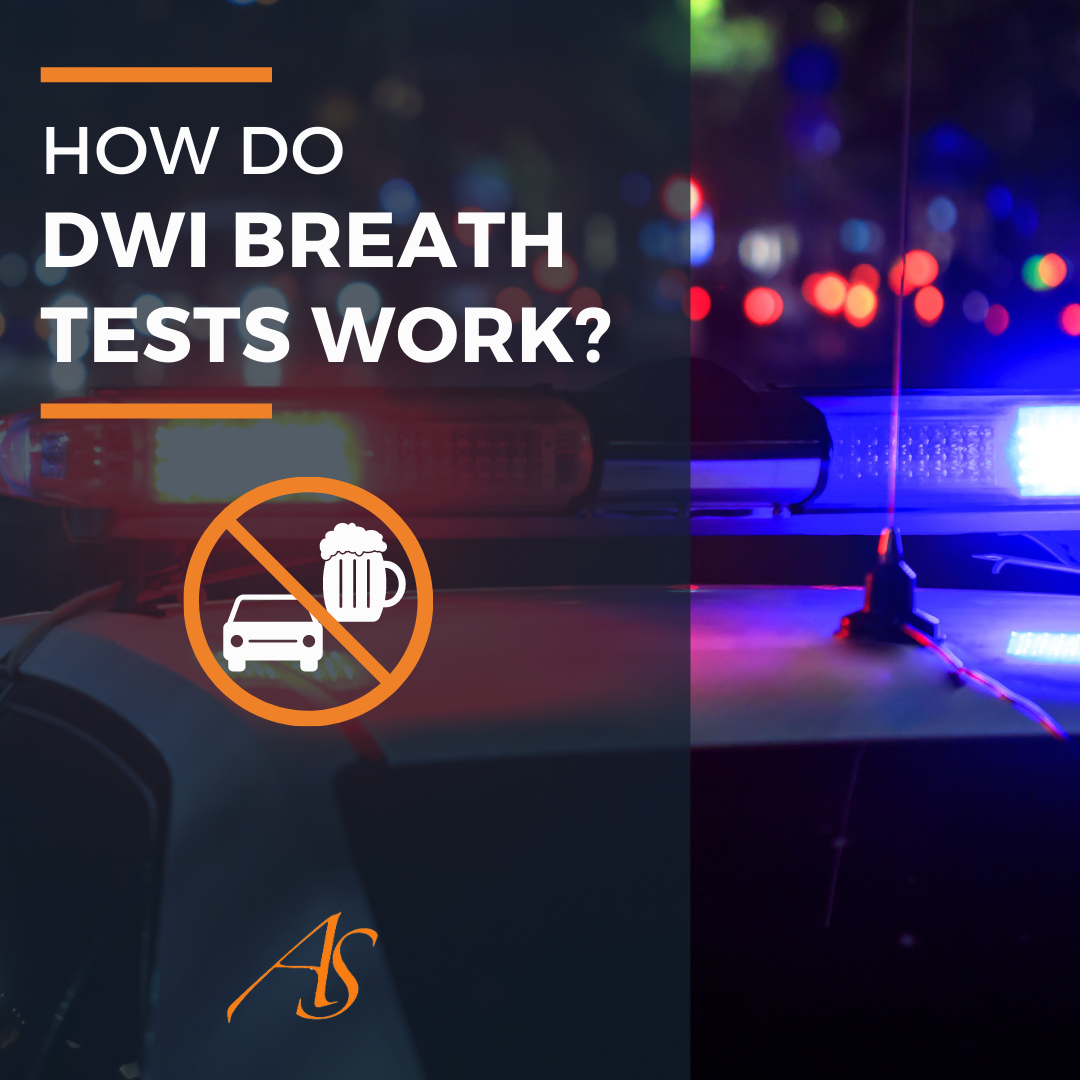Driving while impaired (DWI) is a serious offense. DWI generally refers to driving while under the influence of alcohol, but it can also pertain to drugs. If you are stopped by law enforcement, they will want to assess you for impairment and determine whether you are over the legal drinking limit. The legal limit in North Carolina is 0.08% blood alcohol concentration (BAC). The police will utilize field sobriety tests to evaluate impairment. They will also use breath tests to measure your BAC level.
What is BAC?
 Charlotte Criminal Lawyer Blog
Charlotte Criminal Lawyer Blog




